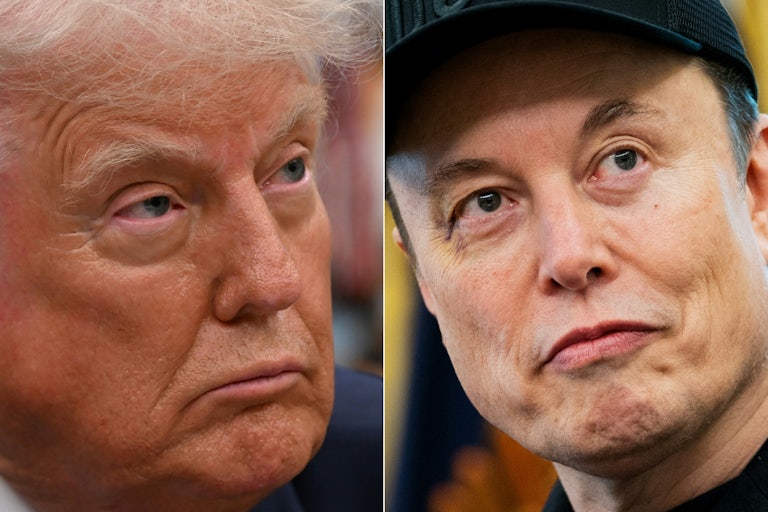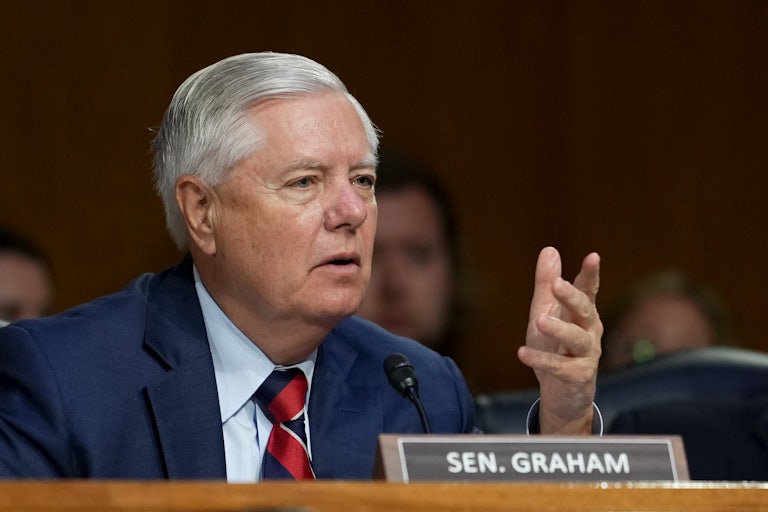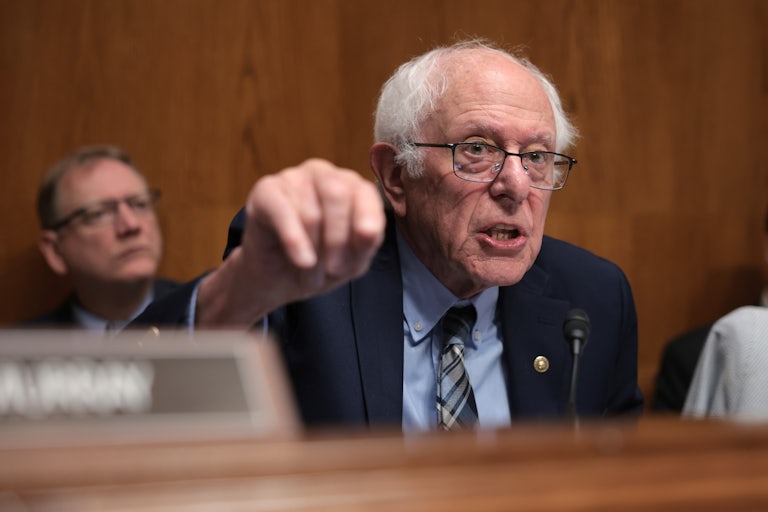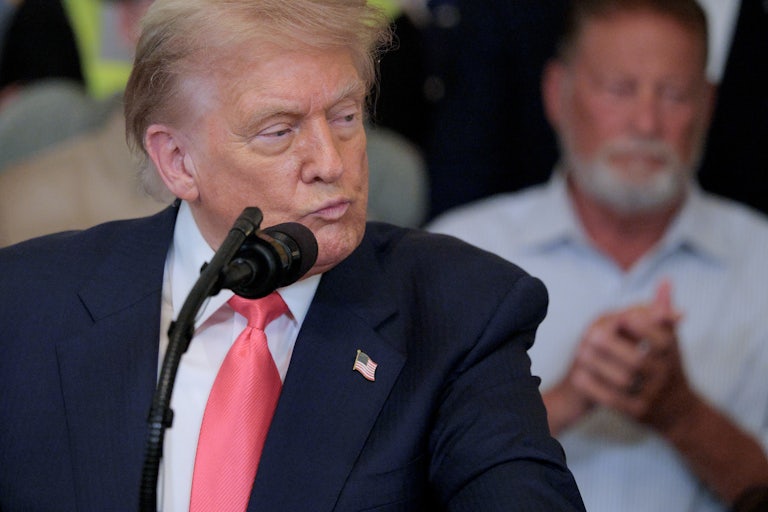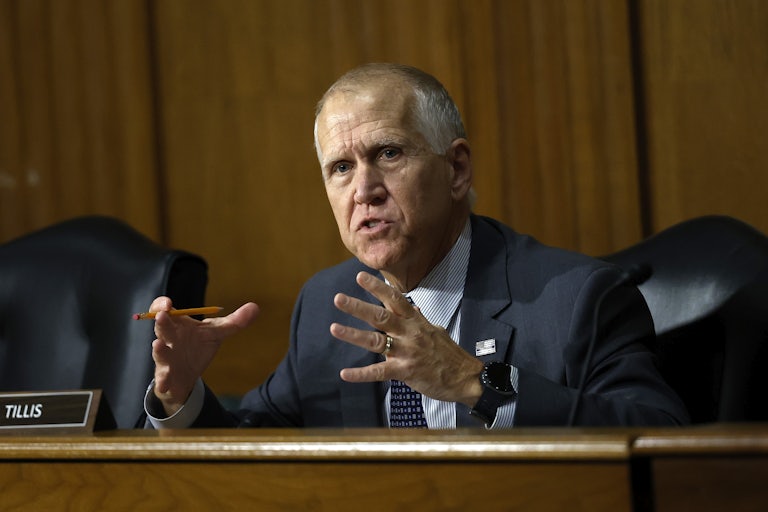Supreme Court Takes Up Case That Could Change Elections as We Know It
The Supreme Court has just agreed to hear a Republican challenge to a campaign finance law.

The Supreme Court on Monday agreed to hear a Republican-led case that could upend campaign finance law and allow national party committees to spend even more on elections.
Right now, political parties can spend an unlimited amount on a candidate individually, but are limited in their “coordinated spending”—renting out venues, hiring consultants, or paying for travel. This case, introduced by the National Republican Senatorial Committee, the National Republican Congressional Committee along with then-Senator JD Vance and former Representative Steve Cabot, seeks to overturn that coordinated spending limit.
If ruled in the GOP’s favor, this would be another massive blow to the effort to keep money out of politics. The country’s wealthiest have flaunted their ability to essentially buy elections, or have at least attempted to, for some time now. This most current effort is particularly shameless, given that the high court already upheld the same restrictions in a 2001 ruling. Now it may be repealed with the court’s 6–3 conservative majority.
“The court’s reasoning upholding these party spending limits has been undermined by more recent court campaign finance cases,” UCLA School of Law election expert Rick Hasen told NBC News. “The status quo—where outside groups like super PACs can raise unlimited sums but political parties face much more severe limitations—may create worse conditions in terms of empowering unaccountable groups and increasing negative ads.”
The case is set to be heard in the fall or early 2026.


